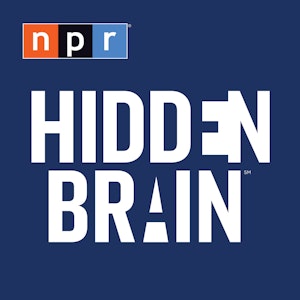Shankar Vedantam
Podcasts
Stories
-
How We Hear Our Own Voice Shapes How We See Ourselves And How Others See Us
At some point in our lives, many of us realize that the way we hear our own voice isn't the way others hear us. This gap has consequences. It shapes how we see ourselves and how others see us.
-
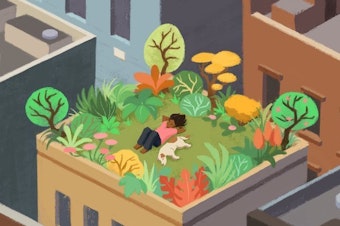
You 2.0: Our Better Nature
If you live in a big city, you may have noticed new buildings popping up — a high-rise here, a skyscraper there. The concrete jungles that we've built over the past century have allowed millions of us to live in close proximity, and modern economies to flourish. But what have we given up by moving away from the forest environments in which humans first evolved? This week, we revisit our 2018 conversation about the healing power of nature with psychologist Ming Kuo.
-
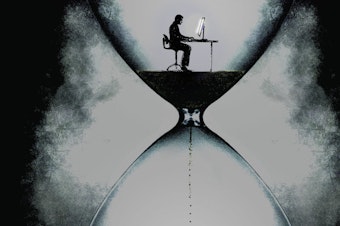
You 2.0: Tunnel Vision
When you're hungry, it can be hard to think of anything other than food. When you're desperately poor, you may constantly worry about making ends meet. When you're lonely, you might obsess about making friends. This week, as part of our You 2.0 series, we bring you a favorite 2017 episode about the psychological phenomenon of scarcity. Researchers say this form of tunnel vision can affect our ability to see the big picture and cope with problems in our lives.
-
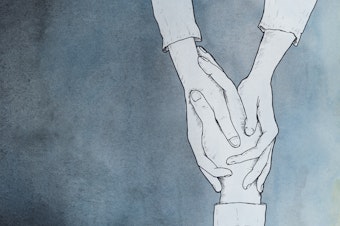
You 2.0: The Empathy Gym
Some people are good at putting themselves in another person's shoes. Others may struggle to relate. But psychologist Jamil Zaki argues that empathy isn't a fixed trait. This week: how to exercise our empathetic muscles. It's the first episode in our You 2.0 summer series.
-
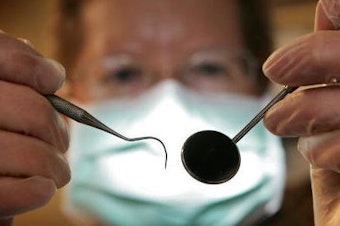
Decisions, Decisions: Some We Struggle To Make, Others We Can't Forget
This week on the Hidden Brain radio show, decision-making. We learn why we often stumble when trying to make ourselves happy, and why certain decisions leave us wondering "what if?"
-
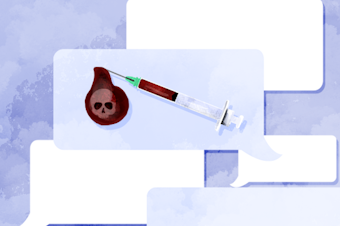
Facts Aren't Enough: The Psychology Of False Beliefs
Sometimes when we believe something, no amount of data can change our minds. This week, we look at how we rely on the people we trust to shape what we believe, and why emotions can be more powerful than facts. This episode features new reporting and favorite conversations with neuroscientist Tali Sharot and philosopher of science Cailin O'Connor.
-
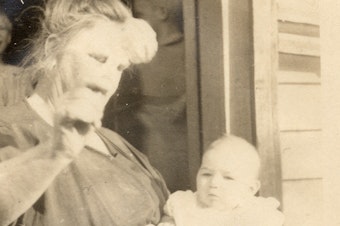
Whose Utopia? How Science Used The Bodies Of People Deemed 'Less Than'
There is a long legacy of leaders exploiting the bodies of vulnerable people in the name of science. This week, the history of eugenics and medical experimentation on enslaved people in the U.S.
-
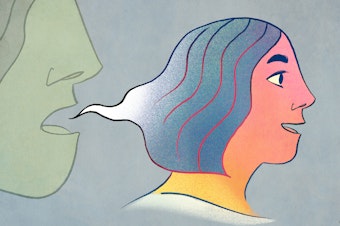
Finding Your Voice: How The Way We Sound Shapes Our Identities
At some point in our lives, many of us realize that the way we hear our own voice isn't the way others hear us. This week on Hidden Brain, we look at the relationship between our voices and our identities. Plus, we hear how advances in technology might help people with vocal impairments, and consider the ethical quandaries that arise when we can create personalized, customized voices.
-

The Fox And The Hedgehog: A Story of Triumphs and Tragedy
The Greek poet Archilochus wrote that "the fox knows many things, but the hedgehog knows one big thing." This week, we'll use the metaphor of the fox and the hedgehog as a way to understand the differences between tacticians and big-picture thinkers. We'll explore the story of a pioneering surgeon whose hedgehog tendencies led him to great triumphs, and a heartbreaking tragedy. This episode first aired in May 2017.
-
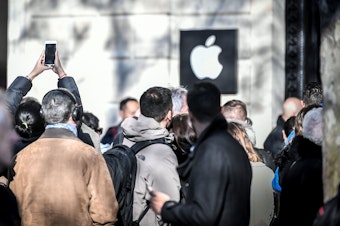
I Buy, Therefore I Am: How Brands Become Part Of Who We Are
All of us are surrounded by brands. Designer brands. Bargain-shopper brands. Brands for seemingly every demographic slice among us. But have you ever stopped to ask yourself how brands influence you? This week, we look at how companies create a worldview around the products they sell, and then get us to make those products a part of who we are.
